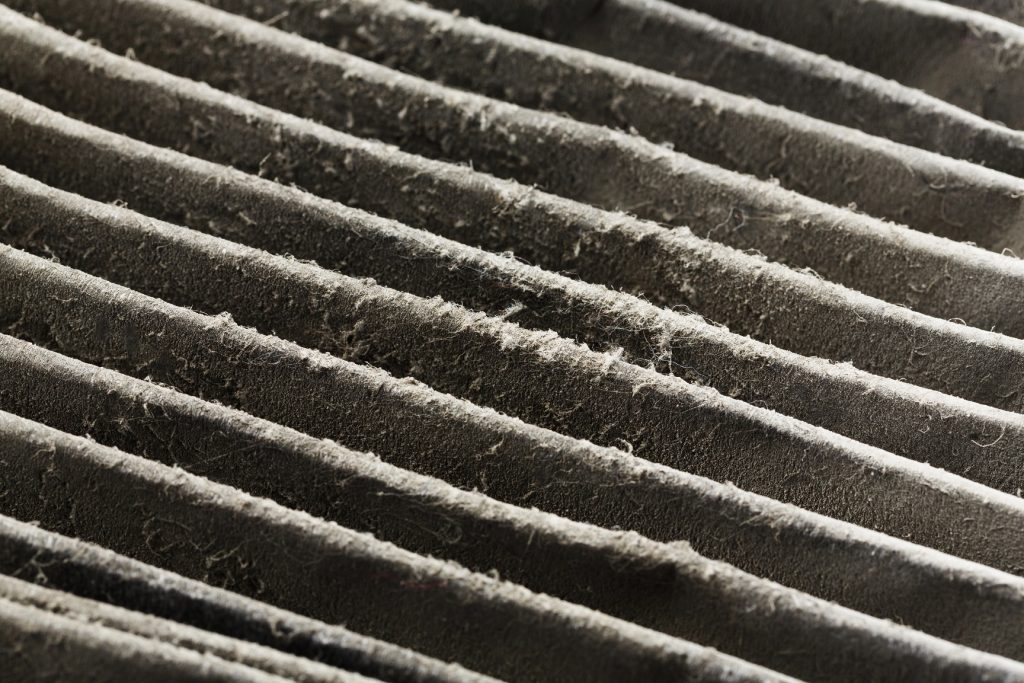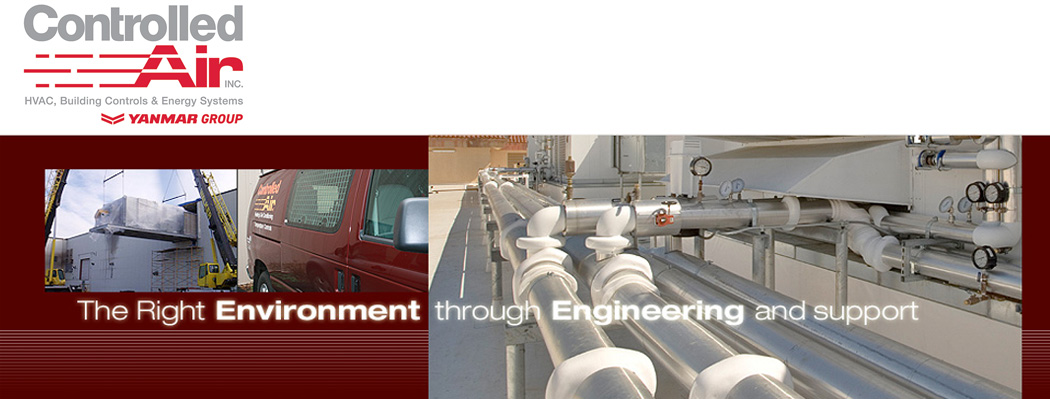Harmful Habits to Your HVAC: Failing to change your Air Filters Regularly

Filters play an essential role in the proper operation of any HVAC system. Changing or cleaning air filters helps prevent many larger issues, improves energy efficiency and function of the system.
Failing to change air filters can lead to the following issues:
- Short-Cycling: Air conditioners cycle on and off occasionally throughout the day, but a dirty air filter can cause those cycles to become more frequent. The constant cycling creates noise pollution, wasted energy, uncomfortable temperature changes, and damage to the unit.
- Freezing Up: A dirty air filter restricts the flow of cold air. The cold air then builds up inside the air conditioner and lowers the internal temperature. The buildup of cold air can eventually cause ice to form on the coils.
- Uneven Cooling: Even if coil freezing does not occur, restricted airflow is not good for the air conditioner’s cooling power. Lower cooling power will lead to hot and cold spots, which means lower comfort levels at a higher cost.
- Allergen Buildup: Dirty air filters can cause allergens to build up in your duct system. Whenever you have a forced-air system running, those allergens will be released into the air. There have been numerous studies conducted comparing indoor air quality to worker productivity. Poor indoor air quality has been found to lower attention span and productivity, and OSHA estimates that poor indoor air costs employers $15 billion annually due to worker inefficiency and sick-leave.
- General Wear and Tear: Air conditioners last longer when maintained properly. A good air filter prevents dust and dirt from building up on internal components. When dust and dirt are allowed to buildup, the air conditioner’s performance becomes stressed thereby decreasing the life span of the unit. This results in having to replace units much sooner than expected.
- Reduced System Efficiency: An air conditioning unit with a dirty filter will use much more power to cool, and will increase your payments to the utilities.
Thermostat Settings – Facts
- Raising and lowering the thermostat significantly does not heat or cool the air faster
- Unless you have Variable Air Volume (VAV), which would vary air flow to your system they only work at one speed. Lowering temperature below what you need or raising the temperature above what you need will only increase energy costs and not reduce the time to get to optimum temperature.
- Leaving your thermostat at the same setting can save money
- Using programmable thermostats can save your business money. According to the U.S. Department of Energy, simply turning down your thermostat by 7º -10º for an 8-hour period can save your business as much as 10% a year in energy costs. Schedule the temperature to be lower in the winter and higher in the summer when the building is unoccupied and higher in the winter and lower in the summer when occupied. If you have older pneumatic thermostats it might be time to upgrade these to programmable ones so that the temperature can be controlled automatically throughout the day.
- Messing with your thermostat too much can cause problems
- Constantly changing the set temperature on your thermostat causes your air conditioner and furnace and/or boiler to stop and start, which causes them to run inefficiently.
